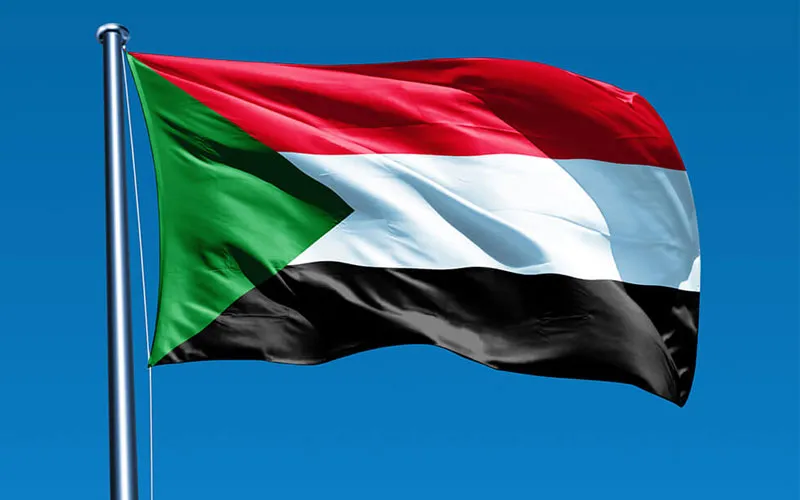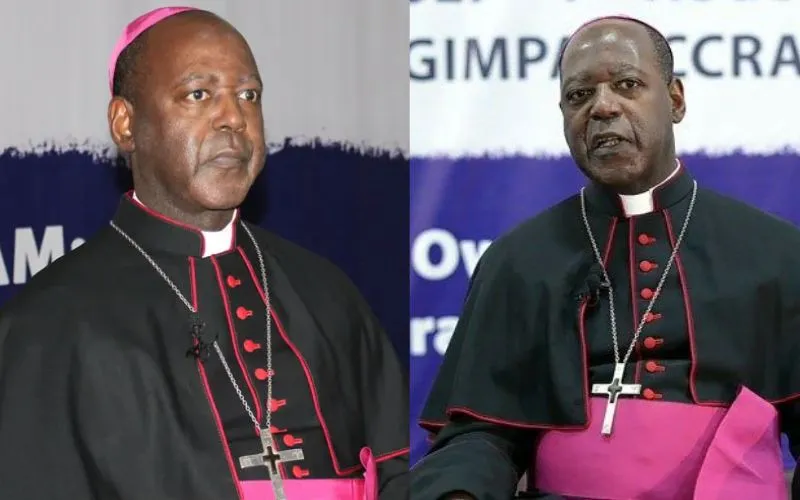Khartoum, 04 February, 2021 / 9:00 pm (ACI Africa).
As Sudanese protesters continue to occupy roads in different parts of the nation demanding reforms over deteriorating economy under its new administration, a member of the Religious Institute of the Salesians of Don Bosco (SDB) ministering in the country has called on the citizens to have hope amid desperation.
In an interview with ACI Africa Wednesday, February 3, Fr. Charles Taban said that the citizens of Sudan must strive to “endure hardships, be they political, economic or social hard times.”
“When difficult times come our way, it is a sign that better things are on the way. I know somebody will negate this view but it is true. Better days are coming,” said Fr. Taban.
The Salesian Cleric who is at the helm of Don Bosco Vocational Training Centre (DBTC) in Sudan’s Catholic Diocese of El Obeid added, “As a pastor, a person with a kind of a responsibility to give direction, as an educator, I too find it very difficult because they say you cannot preach on an empty stomach.”
He noted that although the Sudanese people have come from very far and endured many years of suffering, they must continue to hope in God.








